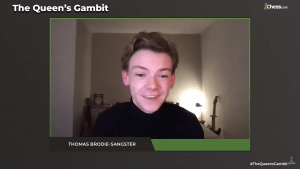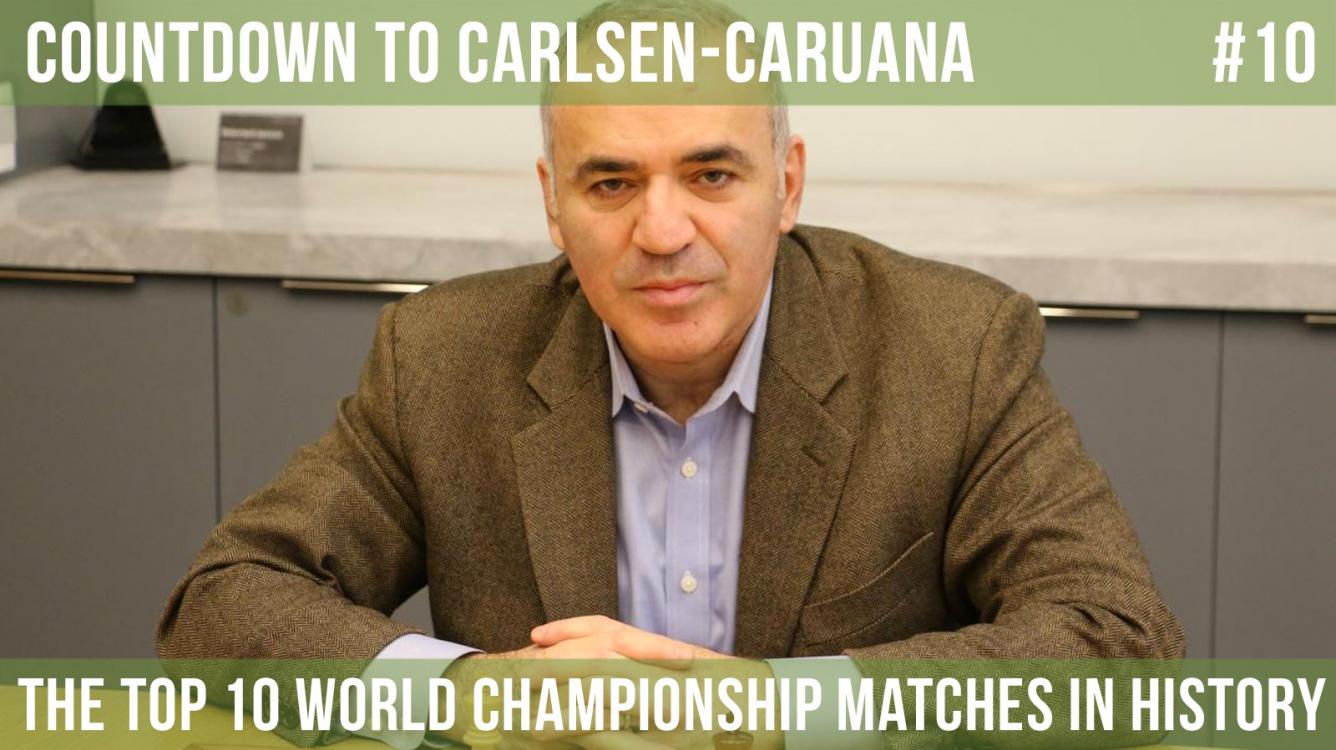
World Chess Championships: Kasparov-Karpov, Capablanca-Lasker, Alekhine-Capablanca
Counting down the list of the most exciting world championships, Chess.com staff landed on a three-way tie for 10th place with 12 points.
Capablanca - Lasker (1921)
In Capablanca-Lasker, the first world championship held after an 11-year hiatus partially caused by World War I, Jose Raul Capablanca won four games without any losses and 10 draws to finally wrest away the title from Emanuel Lasker.
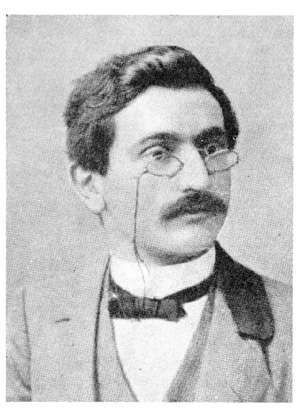
Young Lasker via Wikipedia.
The match ended Lasker's still record-setting run of 27 years as world champion; maybe that's why it received as many votes as it did.
Their contest was the first person to 12.5 points, but Lasker resigned the match after losing game 14. He was down 9-5 and without any wins and it probably didn't help that he was playing in Havana on Capablanca's home soil.
Here was their round 11 game, which became the second win in a row for the Cuban maestro. He annotated it himself:
Alekhine - Capablanca (1927)
The next match to end tied for 10th place was the one immediately following the previous one. After "only" a six-year hiatus this time, Alexander Alekhine took away the title from Capablanca.
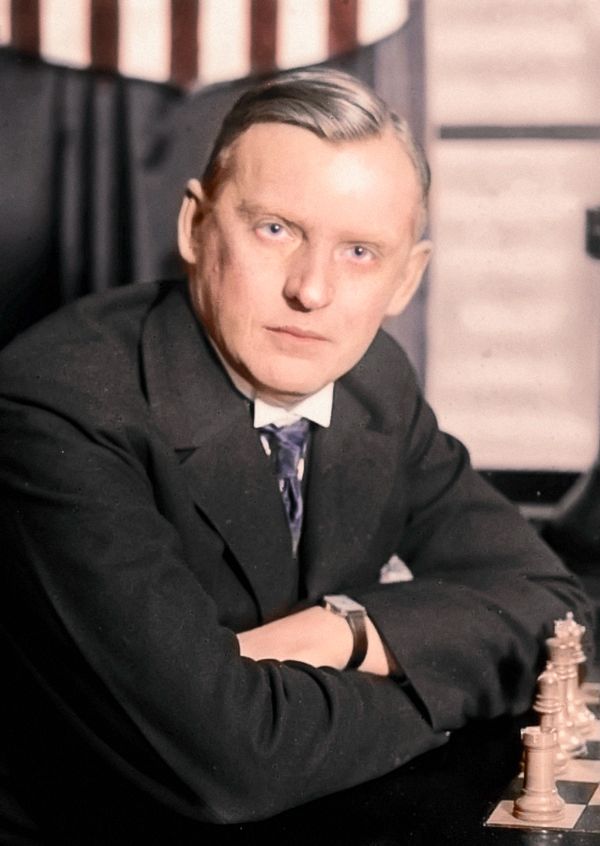
Alekhine via Wikipedia.
This time the match was the first to six games (and unlike in 1984, those rules did produce an actual winner!). Capablanca, who had previously never lost a game to Alekhine, dropped game one but rallied and held a 2-1 lead in wins after round seven. But he would only win one more game in the next 27 rounds before Alekhine finally got his sixth win in game 34.
Garry Kasparov noted several missed chances for Capablanca to even the match score. In fact he may have been incredibly close to maintaining the crown. Was there a condition that he keep the championship in case of a 5-5 score? Chess historian Edward Winter delves deeper than you ever want to know!
In total the match, held in Buenos Aires, took 2.5 months.
That final game took four adjournments before the Cuban resigned the match and the title by letter. Here it is:
Kasparov - Karpov (1990)
The third match ending in a tie for 10th place was decidedly more modern. The fifth and final Garry Kasparov vs. Anatoly Karpov affair was incredibly close, just like the previous four. With their last match ending in a 4-4 tie and Kasparov keeping the title, this best-of-24 could have gone the same way. The match was tied 6-6 after the New York leg, and after Kasparov built a lead in Lyon, Karpov rallied in the penultimate game to get within one point before Kasparov drew game 24 to win 12.5-11.5.
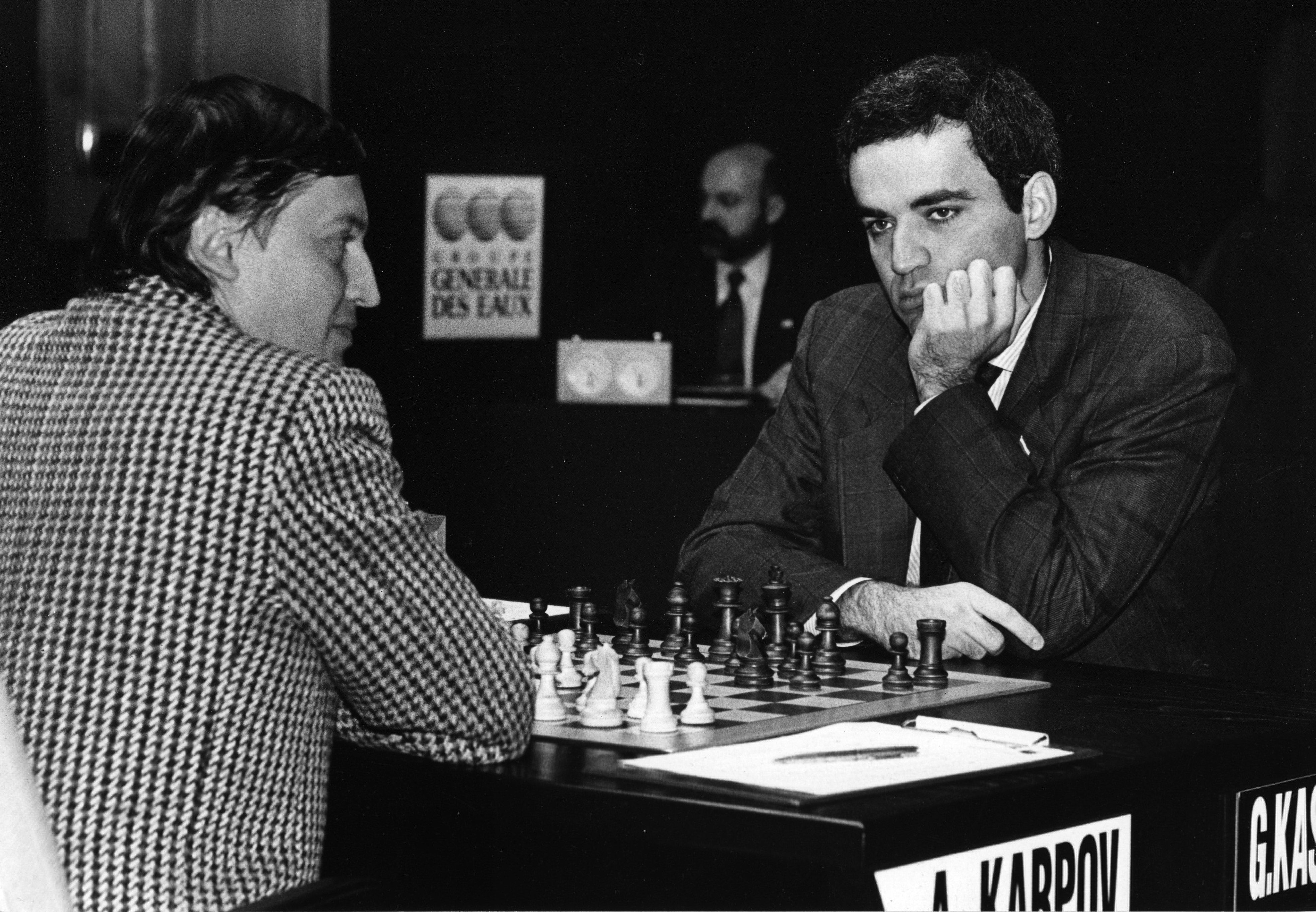
The Kasparov-Karpov match in 1990. Image via www.Kasparov.com.
Overall Kasparov won four games and lost three—all seven combined match victories came with the white pieces. His fourth and final win in game 20 set him up with a two-point lead with four games to play. Not only was it critical for the match score, it was also beautiful and vintage Garry.
Coming up next: Number 9 on our list! You can view the archive here.

